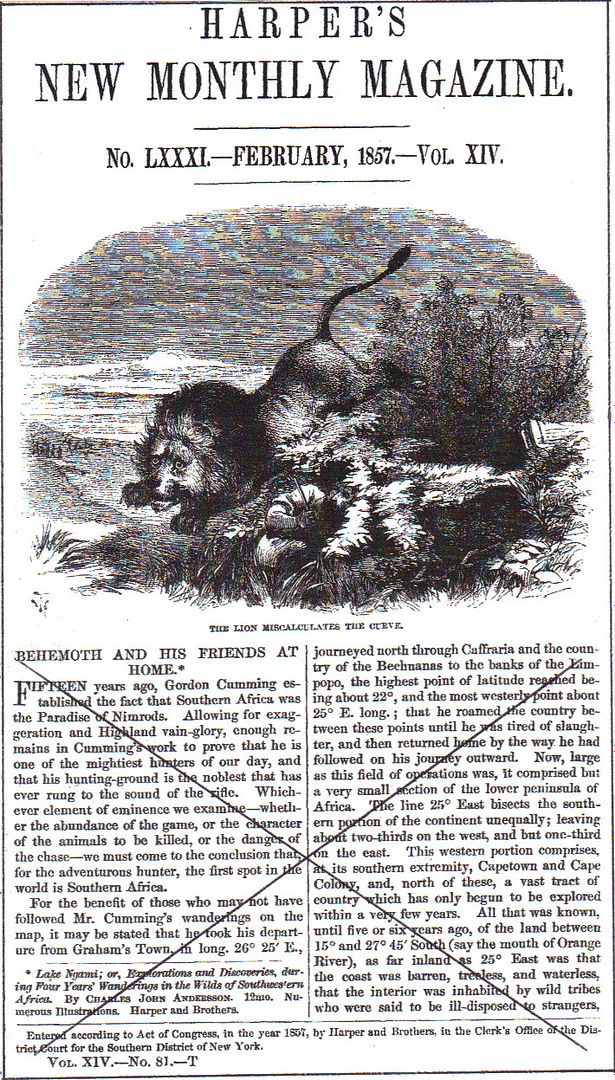
Posted on 02/01/2017 4:52:50 AM PST by Homer_J_Simpson

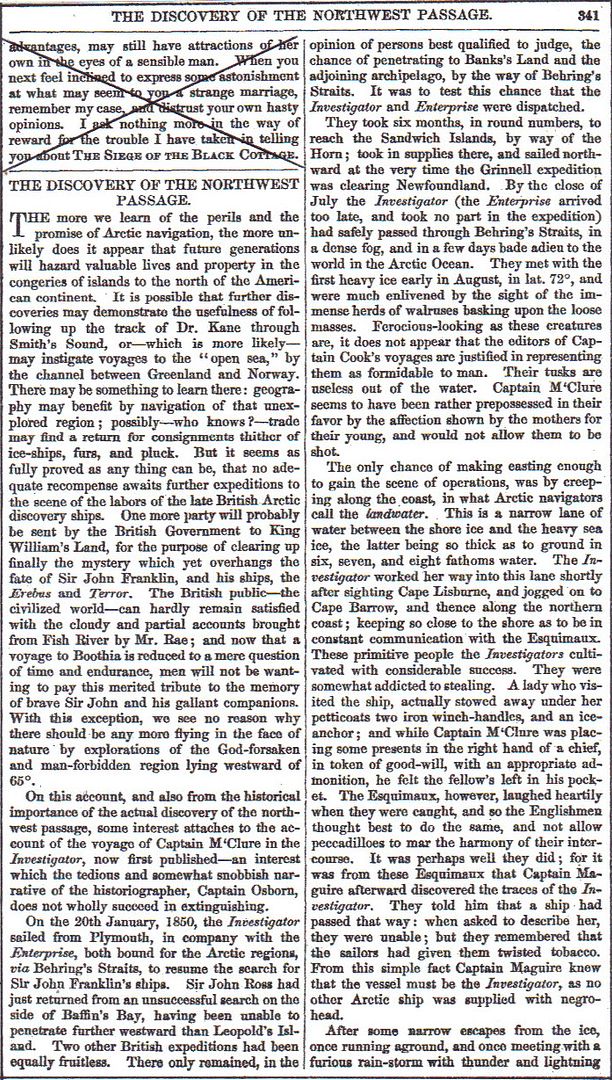
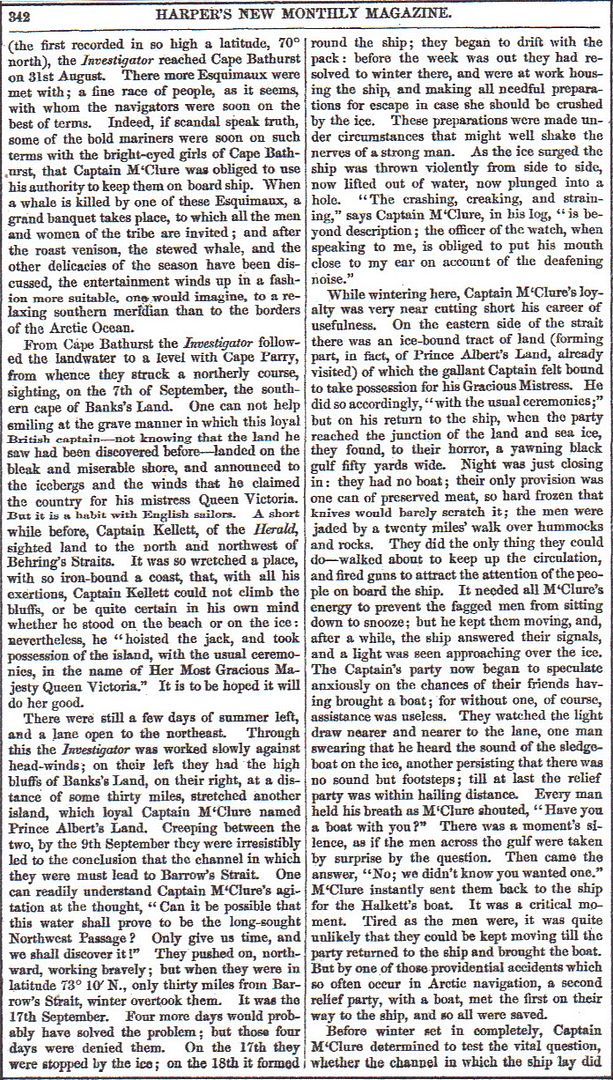
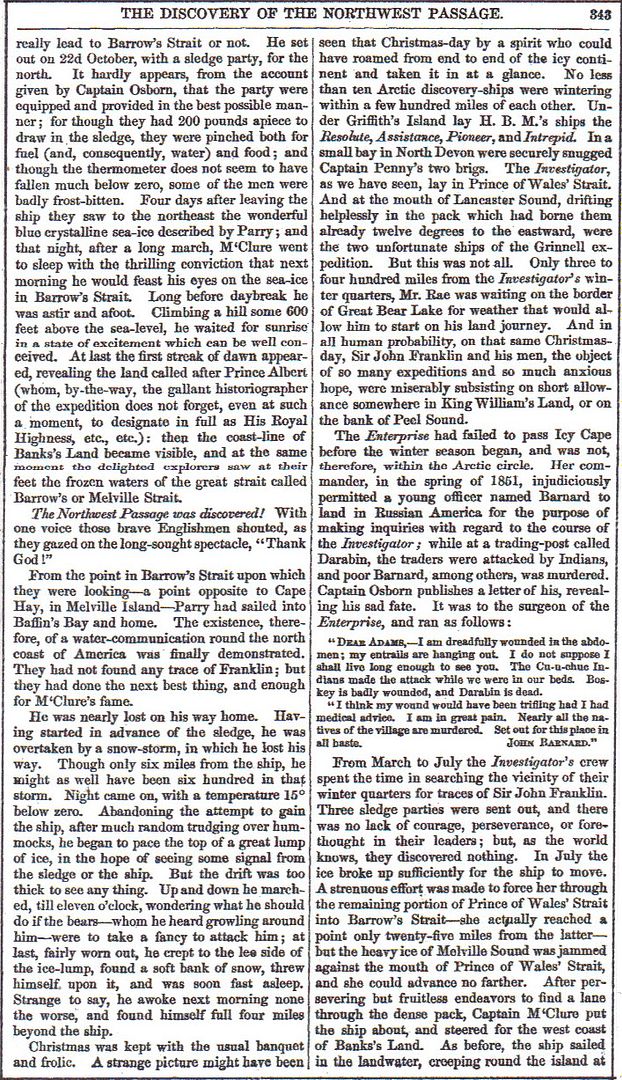
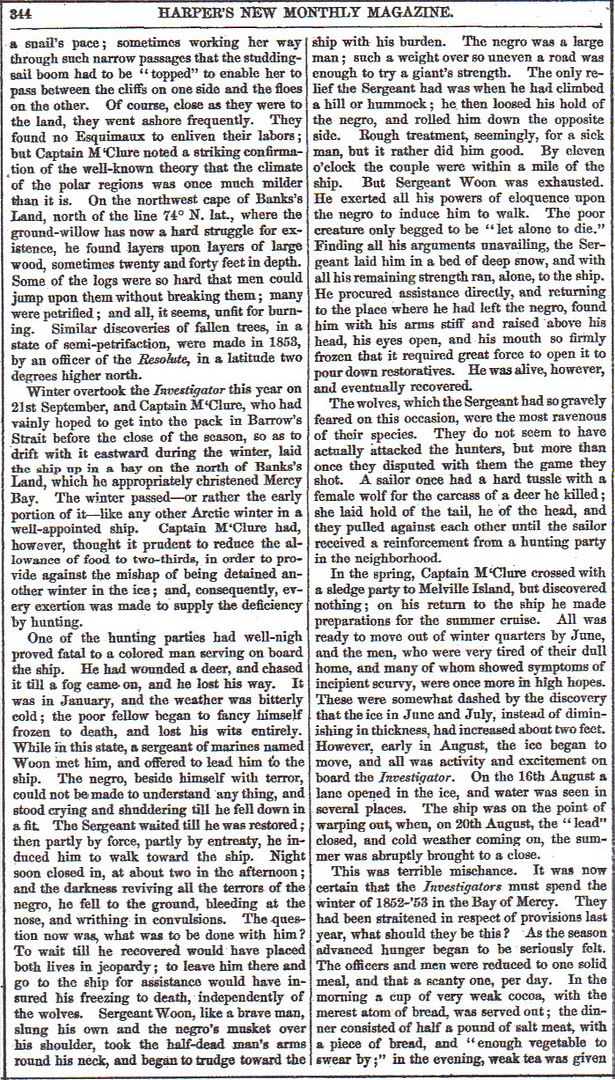
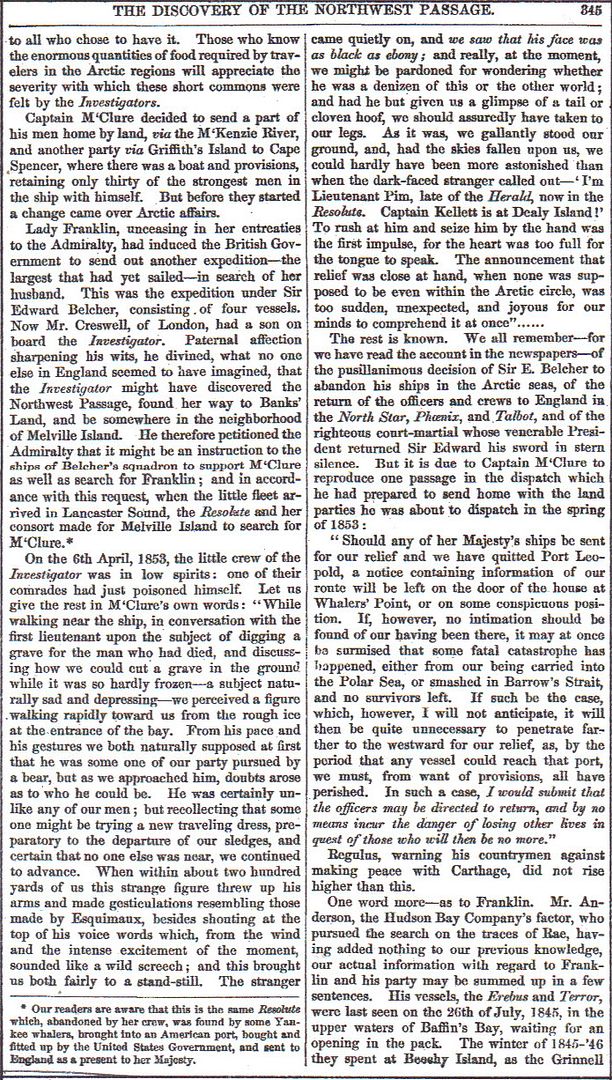
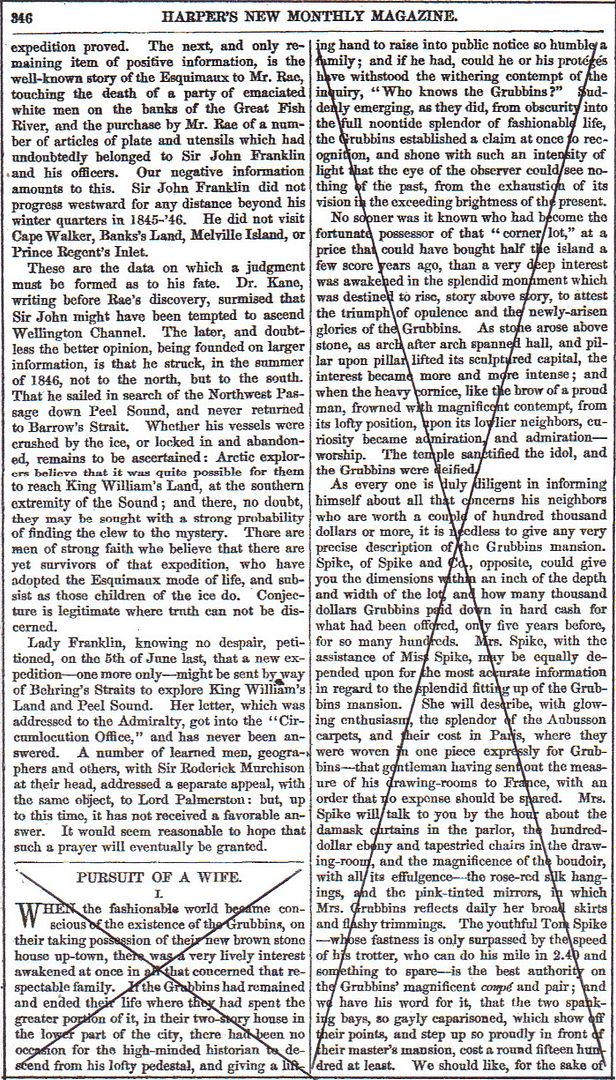
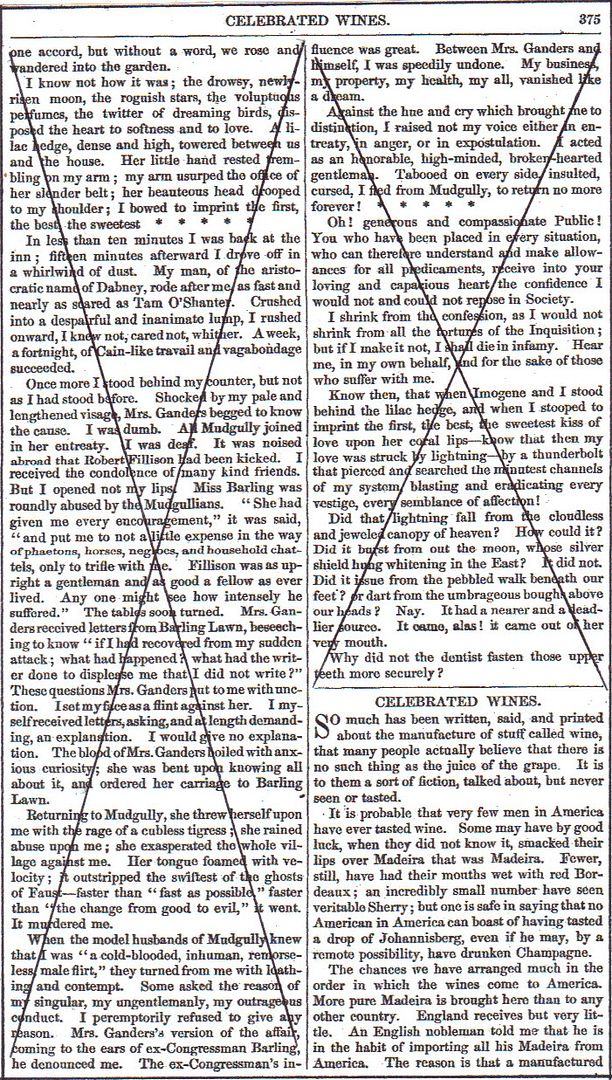
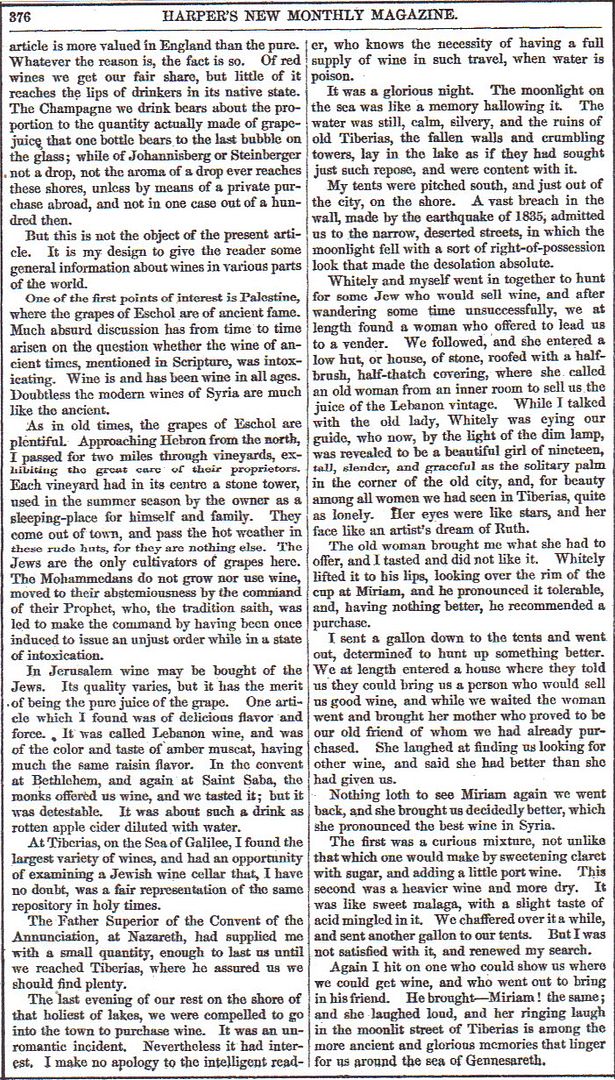
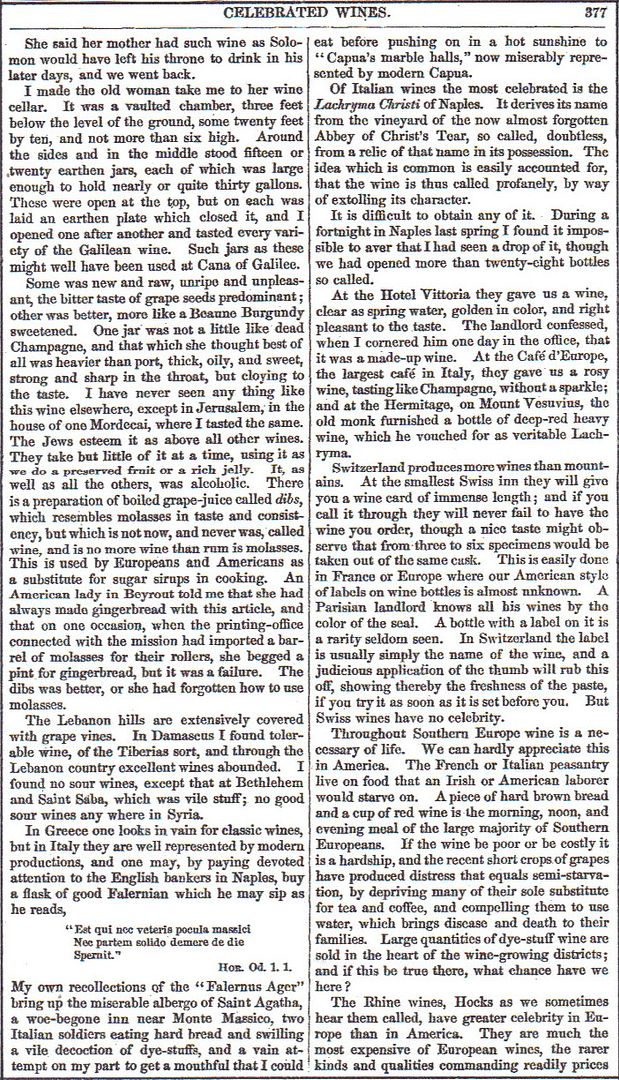
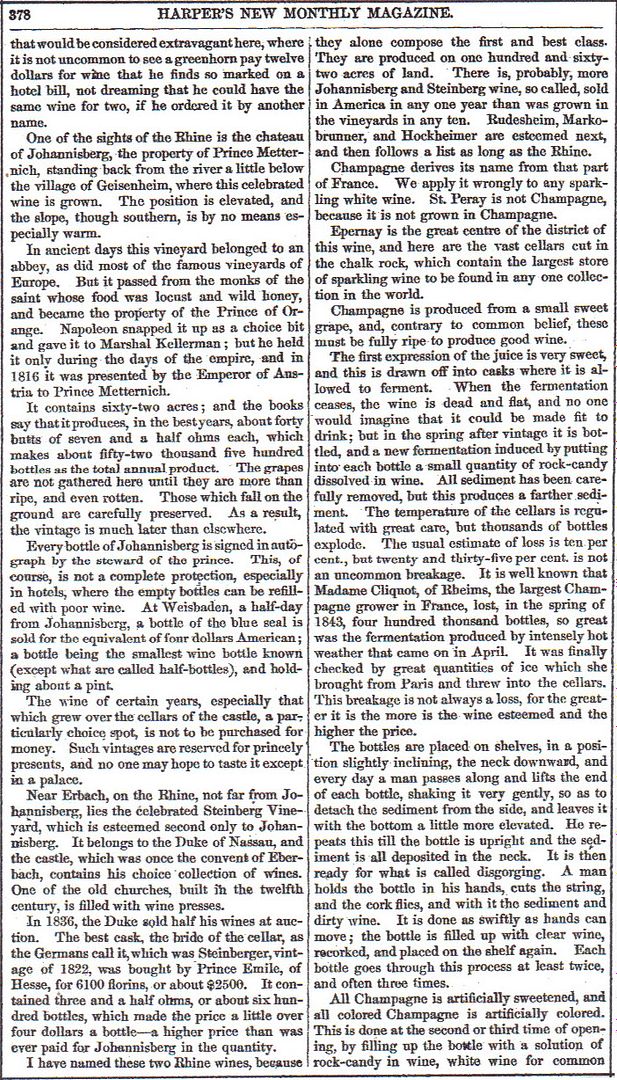
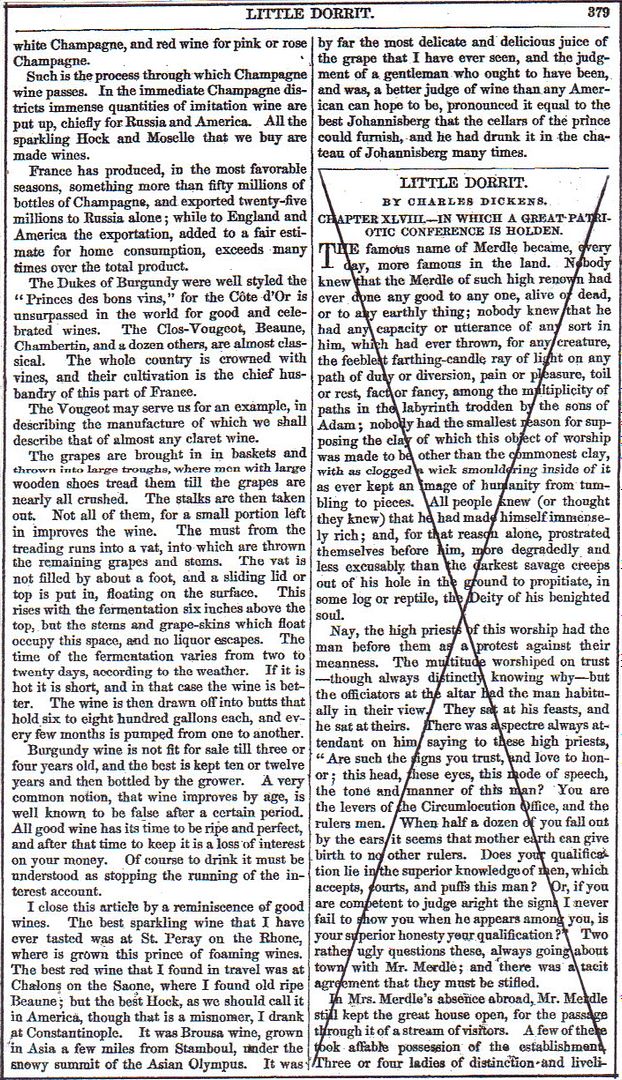
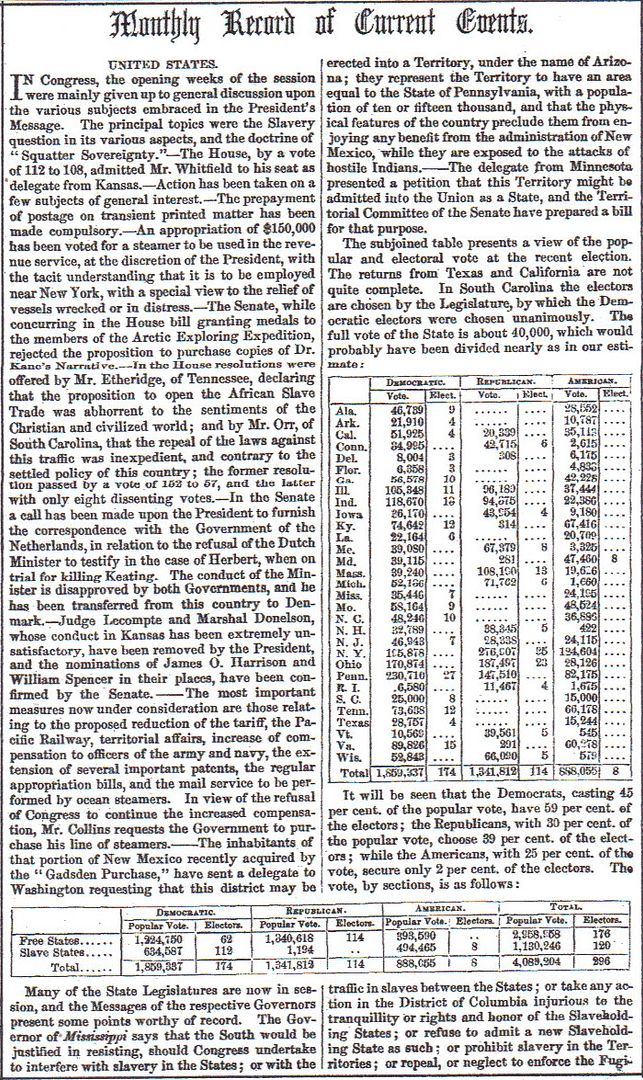
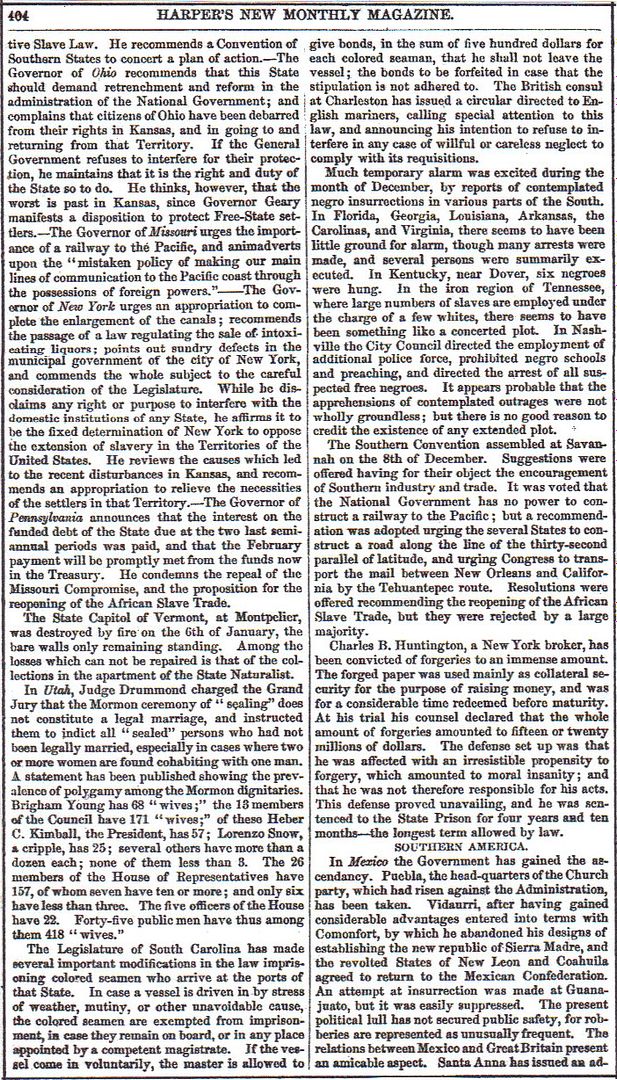
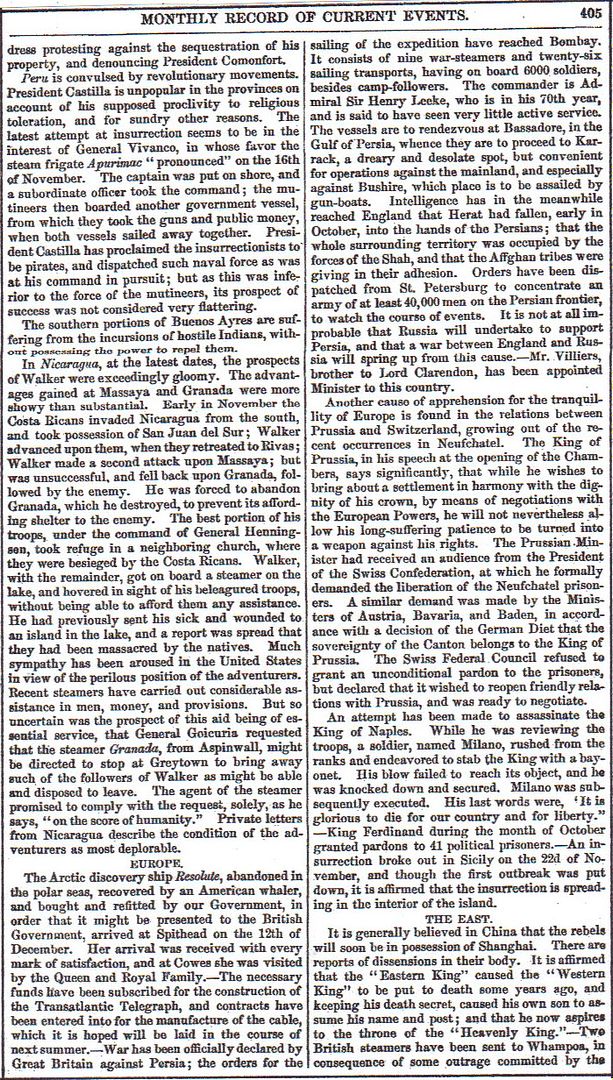
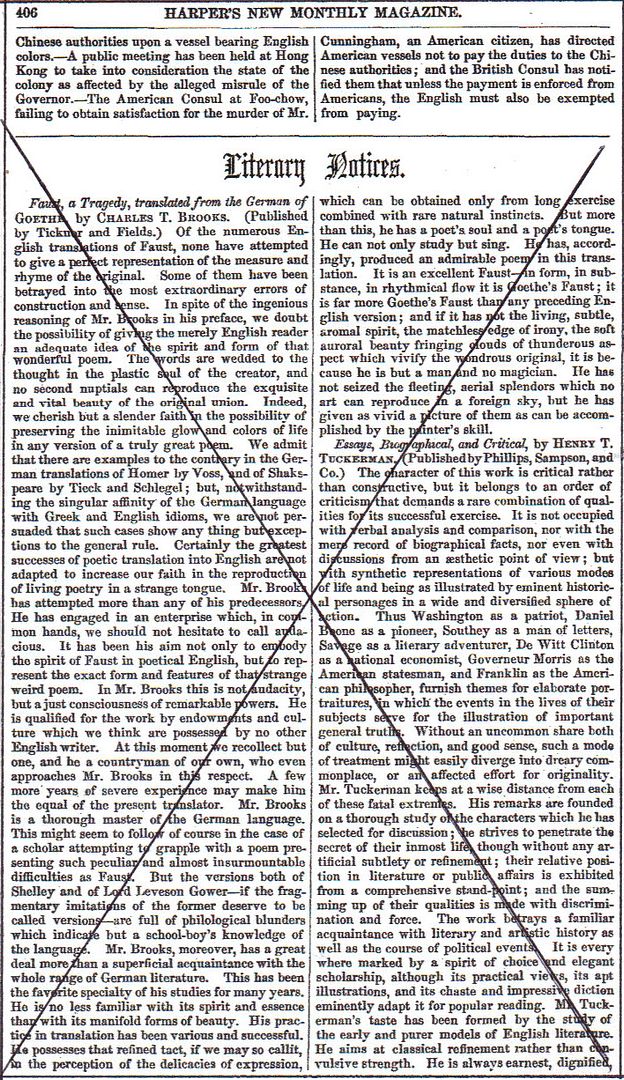
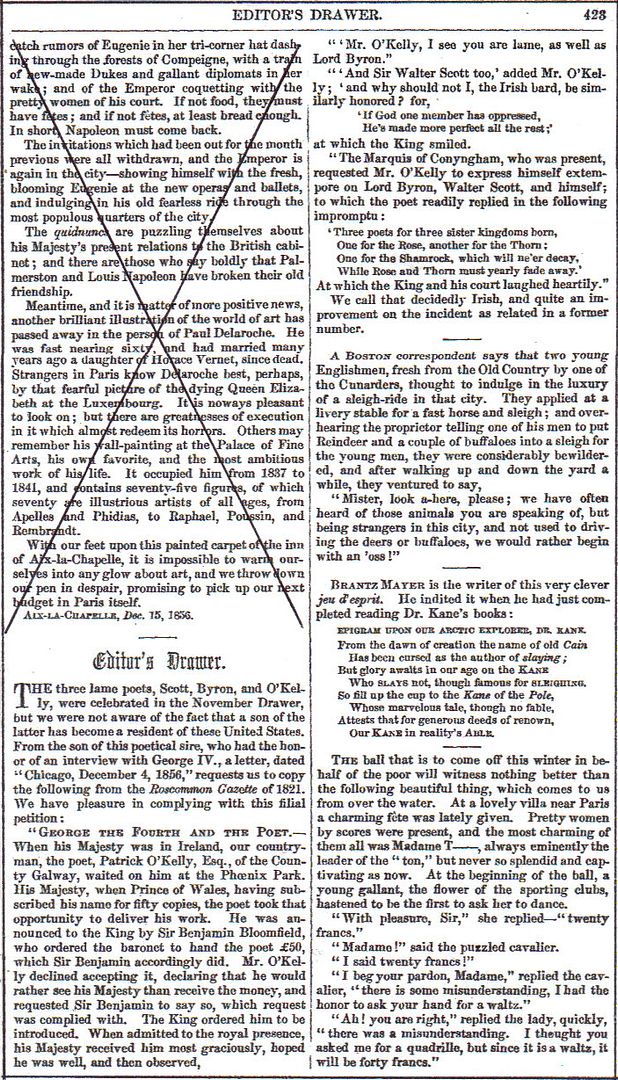
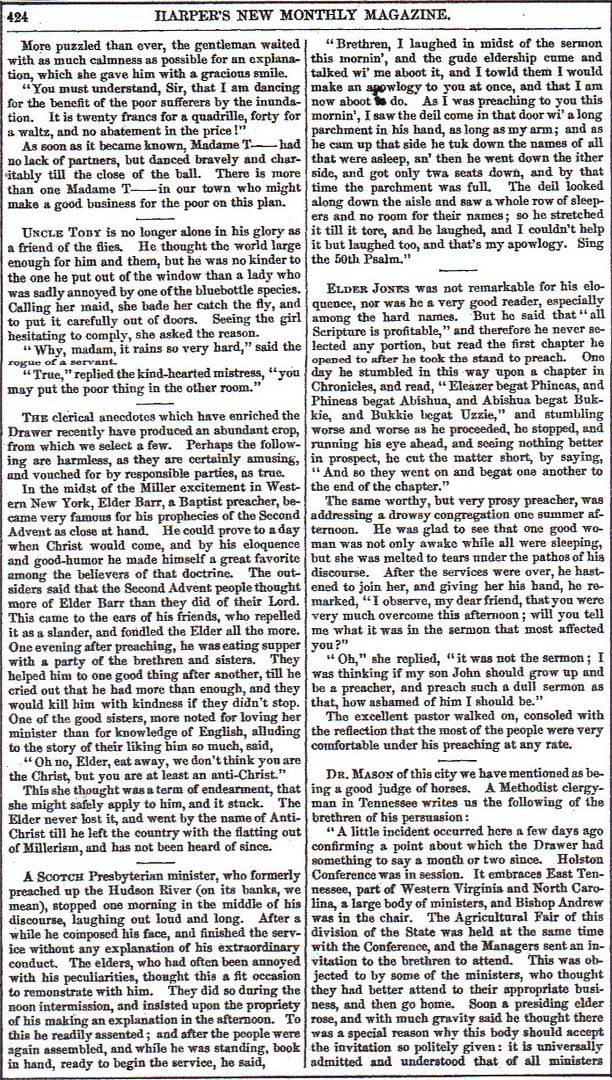
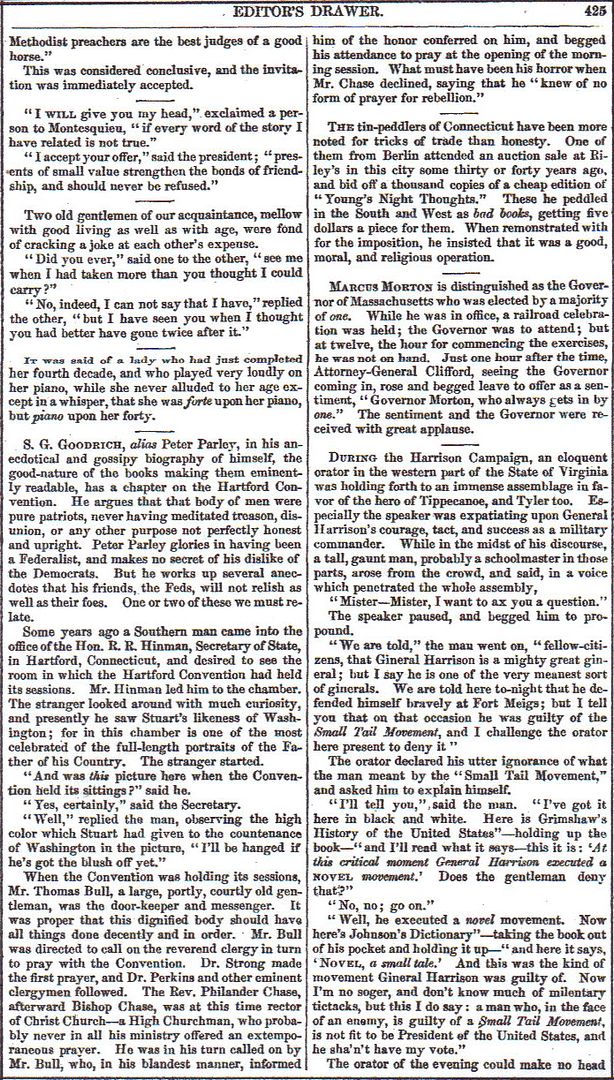
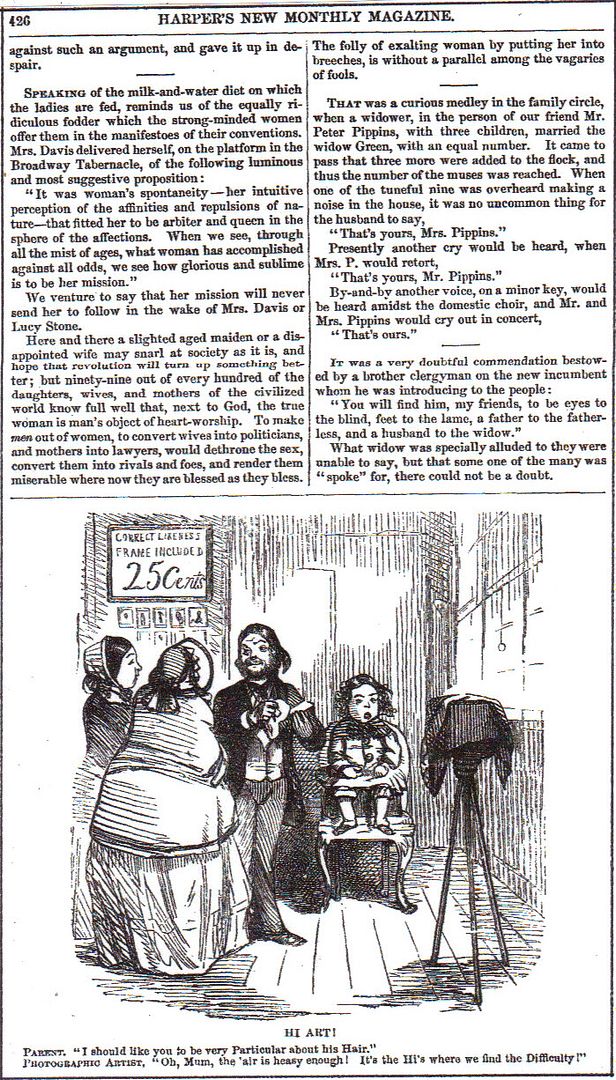
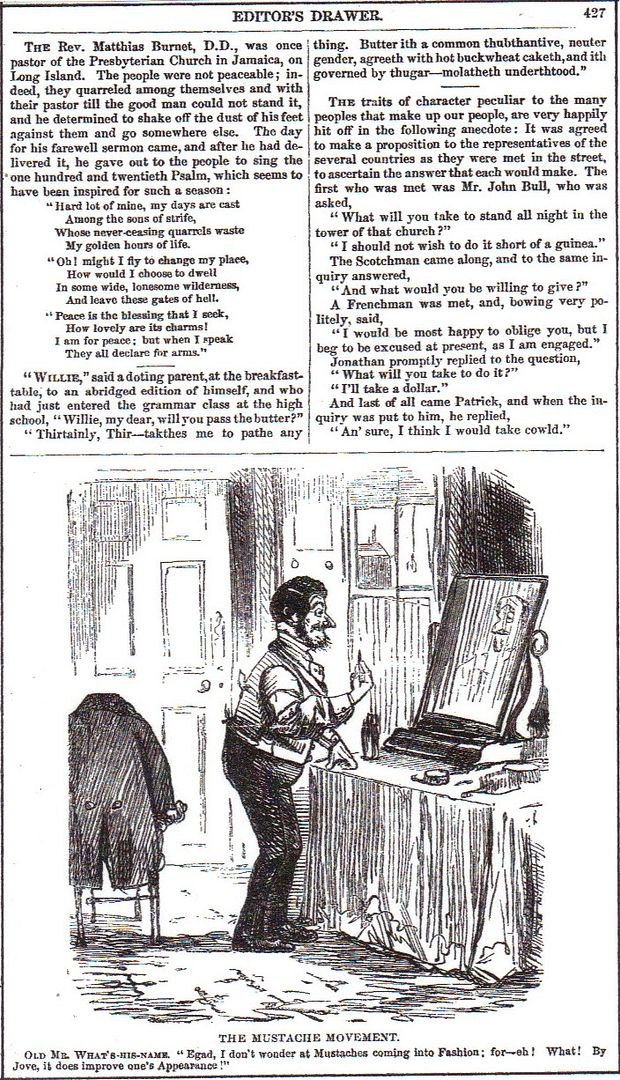
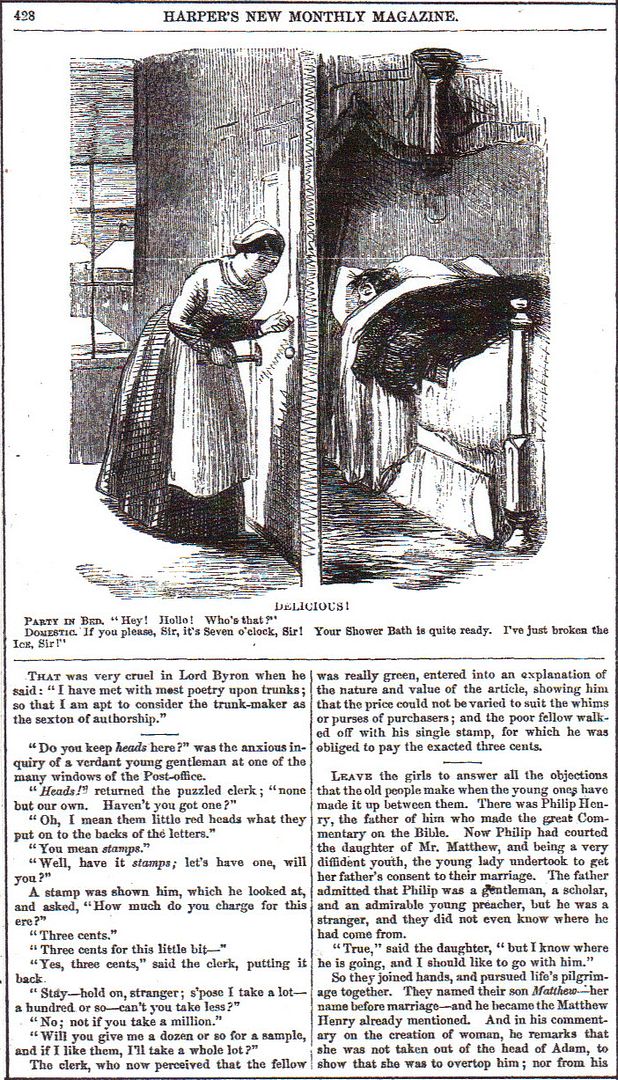
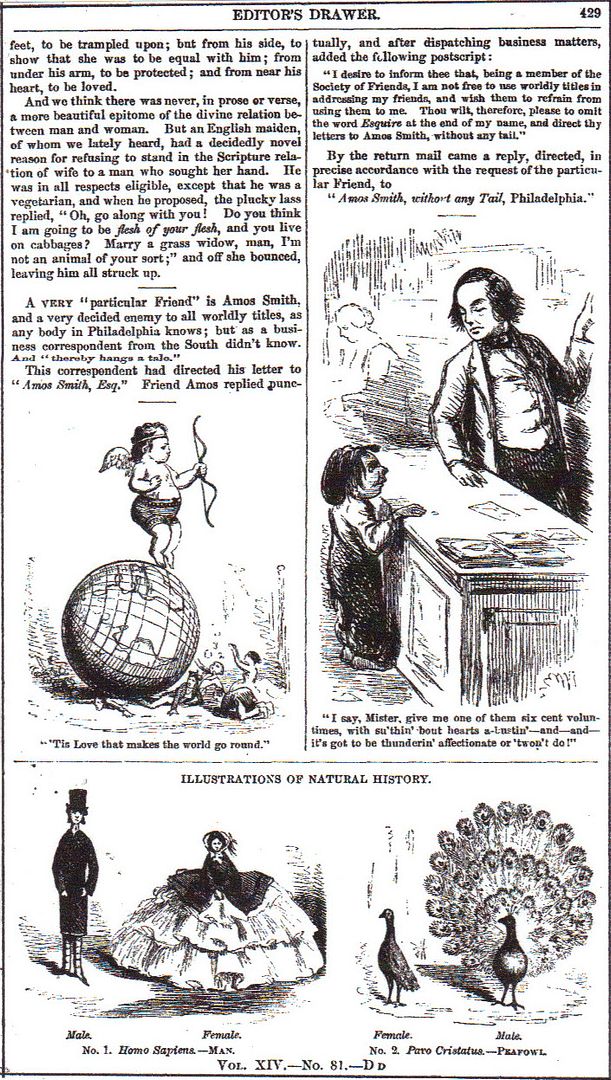
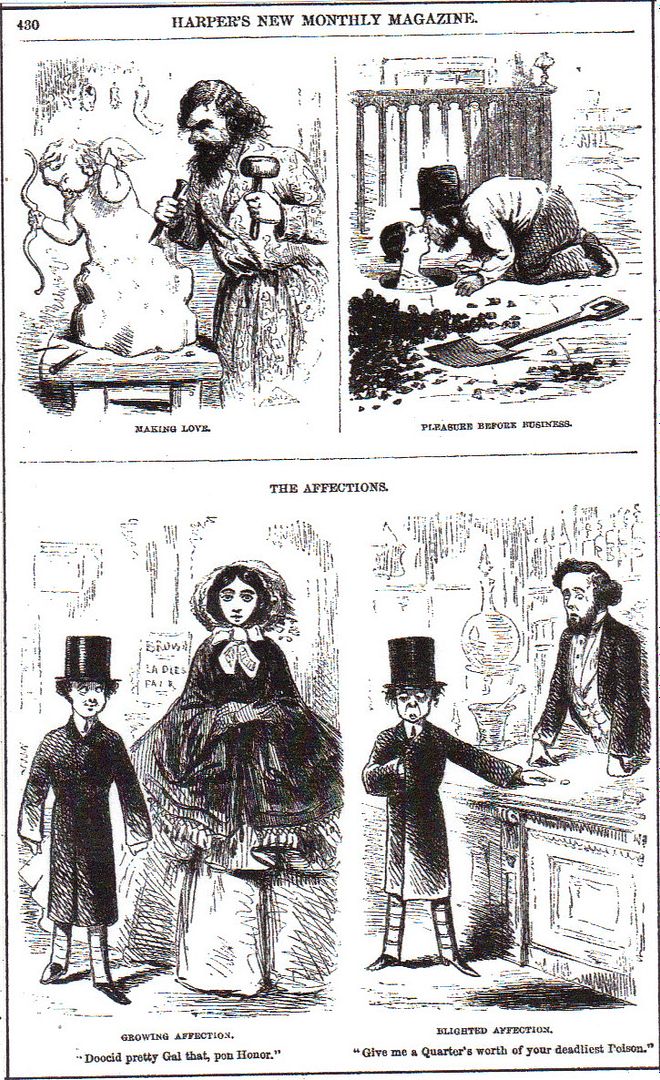
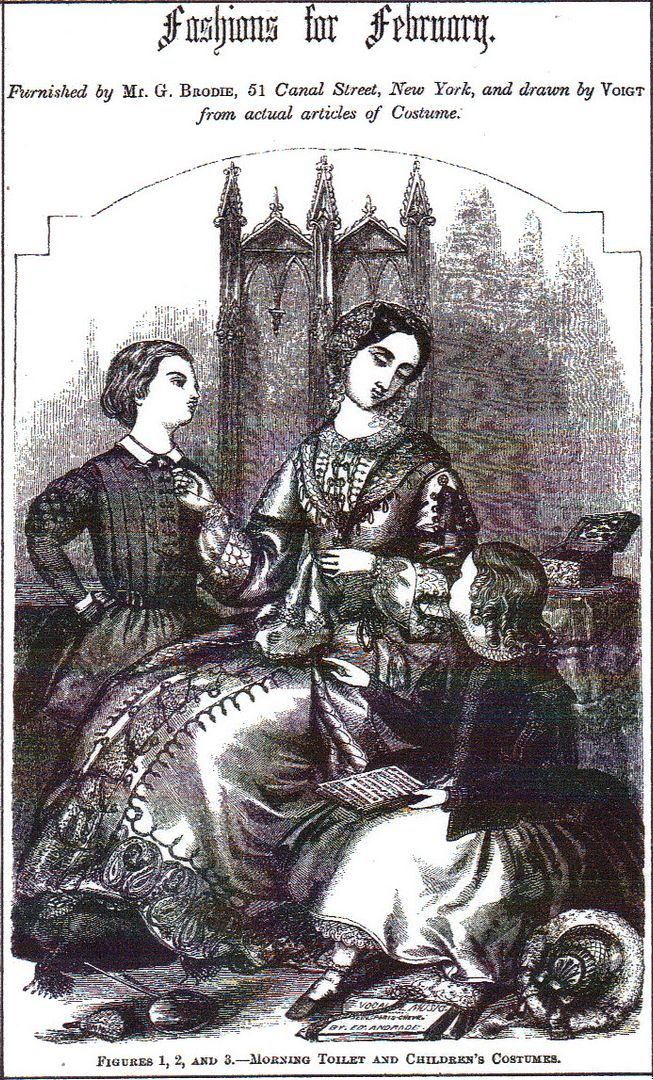
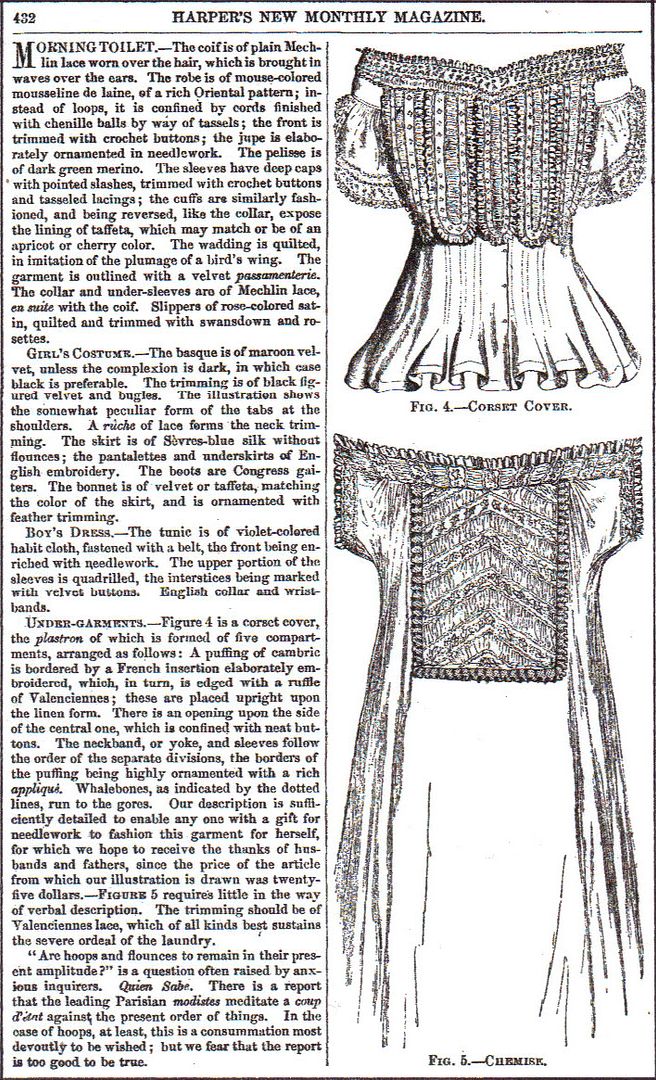
That could be. I haven’t fully researched original understanding of FF&C but I tend to think the reason for FF&C was mostly to facilitate a unity among the states especially in the commercial area,.
Nevertheless, regardless of the status of the territories or states involved, whether slave-free or not, upon the owner’s return to a slave state, I think the previous state status as a slave-free state could not by operation of law take away the slave-owner’s constitutional property. I think Dred Scott was constitutionally decided properly, despite our moral abhorrence to slavery and despite some of the questionable assertions in the opinion.
The United States Constitution does not enumerate a right to own people as a constitutional certainty. It only refers to a remedy in context to escaped slaves.
My understanding is Missouri was a slave state, where Scott lived. His owner took him on brief visits to Illinois, a non-slave state. From what I can tell, there was no "extended residence" in Illinois or a territory, so I'm not sure this passage applies to this case.
Despite Taney's somewhat convoluted reasoning, I don't see how the slave-owner's property, Scott, could be taken from him justifiably by operation of law because of Scott's brief presence in Illinois.
“The enumeration in the Constitution, of certain rights, shall not be construed to deny or disparage others retained by the people.” U.S. Constitution, Amendment IX.
The Constitution does not have to enumerate a right for it to be a right. The presumption of the Constitution derives from the Declaration of Independence that man is born with God-given rights. A major difference between America and other countries is in America it is acknowledged that our rights are ours inherently and do not come from man or his government.
“The powers not delegated to the United States by the Constitution, nor prohibited by it to the states, are reserved to the states respectively, or to the people.” U.S. Constitution, Amendment X.
The Constitution doesn’t delegate rights but powers to the feds. If a power is not enumerated it does not belong to the feds.
Slavery was a states’ issue until the 13th-15th Amendments.
Dr. Emerson resided at Fort Armstrong, Illinois from some time in 1834 until some time in 1836 when he was transferred to Fort Snelling in Minnesota Territory.
"Thus Dred Scott, who had been held as a slave in a free state for more than two years, was now taken into an area where slavery was forbidden by the Missouri Compromise." (Fehrenbacher)
Two years should be long enough to establish legal residence.
Do you believe it to be a God0given right to own other humans?
The approximate timeline is as follows:
So it appears that Scott lived in Illinois for six years, then Wisconsin territory for another two years before returning to slave-states Louisiana and Missouri.
It also appears that both Louisiana and Missouri recognized that permanent residence in free states made a slave by law free.
I does look like Dred Scott became a resident of Illinois, having lived there almost three years before eventually moving back to Missouri. That might not be the game changer, but I think due process is (as I said, I think this Dred Scott case is fascinating).
Until the Reconstruction Amendments, slavery was a states’ issue, not a constitutional or federal issue. So what’s left IMO, is whether Dred Scott’s owner was allowed due process in the depriving of his property (Scott). It certainly appears that there was due process because the Missouri Supreme Court reviewed the case.
Although I think there were grounds to call the Missouri Compromise unconstitutional, Illinois was a free state regardless of the Missouri Compromise so I see the Missouri Compromise as irrelevant in this case. The federal courts should not have taken the case as there was no federal question unless there was diversity (don’t know). But even if there was diversity, I don’t see what authority or constitutional basis Taney had to reverse the Missouri Supreme Court’s ruling.
So I guess I’ve changed my mind back to saying Dred Scott was wrongly decided because of due process. Because Dred Scott’s case was properly heard in the Missouri Supreme Court, Dred Scott was wrongly decided by SCOTUS and Taney because there was no constitutional ground to reverse the Missouri Supreme Court.
That being the case, the South DID have a constitutional grievance against the North. However, I don’t think a single legal grievance constitutes justification for secession (there were 27 specific legal grievances listed in the Declaration of Independence).
No, but as Sir Thomas More was famously quoted, “The world must construe according to its wits; this court must construe according to the law.”
The issue is not our personal morality but the Constitution, the Supreme law of the Land, which did not forbid slavery until the Reconstruction Amendments. The Constitution, probably the greatest most inspired political document ever, was absolutely necessary to “form a more perfect union”. The Constitution formed a more perfect union, not a perfect union.
How did declaring that one particular ethnicity of human to be unsuitable for emancipation and citizenship advance the goal of “a more perfect union”?
You miss the point. What guarantees our Free Constitutional Republic is the rule of law of the Constitution. The rule of man and his personal whims is the basis of tyranny.
The seeds of the Civil War were sown in the slave trade of the South and the need for the southern states to ratify the Constitution to create the United States of America. The compromise to not forbid slavery in the Constitution was absolutely necessary to “form a more perfect union” by establishing the Constitution. The Constitution formed a more perfect union, not a perfect union.
Nothing this side of heaven is perfect but we strive as best we can. The Lying Left gets its ammunition for more and more government tyranny by focusing on the small % of freedom that is imperfect. But the Constitutional basis of our Free Constitutional Republic was and is way ahead of whatever is in second place.
Don’t just point out a flaw. Have ready an alternative that improves freedom and happiness.
“Sorely tempted to write a pamphlet;”
I have been there, George.
The Dred Scott case was not about any "ethnicity" en masse, but about a particular individual who was legally a slave at point A, but (perhaps) not at point B. Every state had free people of African descent.
From Wackypedia (grabbed for expediency):
On March 6, 1857, Chief Justice Roger B. Taney delivered the majority opinion. Taney ruled that:
Any person descended from Africans, whether slave or free, is not a citizen of the United States, according to the Constitution.
The Ordinance of 1787 could not confer either freedom or citizenship within the Northwest Territory to non-white individuals.
The provisions of the Act of 1820, known as the Missouri Compromise, were voided as a legislative act, since the act exceeded the powers of Congress, insofar as it attempted to exclude slavery and impart freedom and citizenship to non-white persons in the northern part of the Louisiana Purchase.[13]
The Court had ruled that African Americans had no claim to freedom or citizenship. Since they were not citizens, they did not possess the legal standing to bring suit in a federal court. As slaves were private property, Congress did not have the power to regulate slavery in the territories and could not revoke a slave owner’s rights based on where he lived.
Worst SCOTUS decision ever.
Evah! I wonder how much Taney was paid by the Southern Slave Power.
Huh, shows what I know. Thank you!
Because following the plain and clear text of the clause is just too complicated. Better to just accept what everyone says.
You are very vague on the concept of a slave arriving in a freestate as a fugitive and a slave being brought into a freestate accompanied by his master.
I am not vague on it at all. I note the clause says that the slave will be returned. I see no qualifications that says "under certain conditions."
It is you who somehow imagine that there are conditions under which the law means something different.
And you are equally as welcome to show me where it doesn't allow that.
I have done so a half dozen times or more. It says so in the very clause. You just don't want to accept the ugly truth of what the plain text of the law says.
Correction. My last paragraph should have read...
Dred Scott represents the North making an unconstitutional decision in favor of the South. The South could hardly complain about that. The Missouri Compromise had been repealed and later declared unconstitutional (kinda like sentencing someone to be hung until dead and then sentencing him to be shot). The Kansas Nebraska Act favored the South as well. so it appears the South was short on constitutional grievances against the North which were necessary IMO to justify secession. (There were 27 specific legal grievances listed in the Declaration of Independence from England’s rule.)
I think he deferred to the state as a courtesy, not a necessity.
So your point hinges on the various ways we can interpret the meaning of the word "escape."
As the Devil's advocate, I argue that a slave can "escape" just by being in a "free state" and claiming the right under those state laws.
Given that article IV is clear that it strikes down any state laws that interfere with what the home state laws require, I don't think your argument will hold much water if it was litigated in a court of the period. (Except in Massachusetts where they were kooky liberals even back then.)
As a matter of fact, the Dred Scott decision pretty much makes this exact point.
Disclaimer: Opinions posted on Free Republic are those of the individual posters and do not necessarily represent the opinion of Free Republic or its management. All materials posted herein are protected by copyright law and the exemption for fair use of copyrighted works.